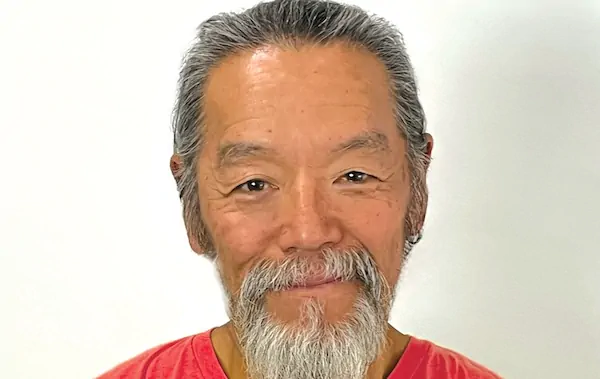Have You Planned For Your Financial Future?
When it comes to making financial decisions most people focus on either/or scenarios; that is making a short-term decision that may or may not reflect a larger financial strategy or wealth accumulation plan.
We often see these types of isolated, one-off decision choices in media articles that pose dilemmas such as: Is it better to invest in an RRSP or pay down your mortgage? Should you take your tax refund and invest in an RRSP or go on vacation? Are TFSA’s better than RRSPs? Should you pay off your credit card balance or invest in an RRSP? You get the picture.
It is far easier for most people to deal with one small decision than to balance a number of inter-related decisions and their potential impacts. Most people have busy lives with complex decisions to make in any number of areas of their lives so the default – when it comes to their financial affairs – is to make the simple or quick decision. That way they can get back to doing the other things that really matter most to them.
The consequence is that they often sacrifice longer-term benefits for the expediency of making quick and immediate decisions. For example, many people have a strategy of first paying off their mortgage because they believe that having consumer debt is expensive in terms of after-tax dollars. Once the mortgage is paid off then they intend to focus on building retirement assets through RRSPs.
Then life gets in the way, things change, they buy several houses and keep getting larger and larger mortgages that never seem to be paid off (especially in Toronto, Vancouver, Calgary, etc.). Suddenly they wake up at age 55 with a medium sized mortgage, few RRSP savings and only 10 – 15 years to go before retirement.
In fact, it is not uncommon to see Baby Boomers increasingly retiring with a mortgage which was never part of their financial strategy. Worse, they might even face a lay-off, plant closure or job loss that sees their incomes reduced just as they were going to get serious about putting the maximum effort into saving money for retirement.
Instead of focusing on one financial idea, the alternative is to have a set of financial objectives that you can attend to and care for. The idea is to allocate money to them all over time and to recognize those financial objectives that have been neglected and are in need of your attention.
For example, you might have as objectives some of the following:
• Build up retirement savings
• Pay down debt,
• Go on an annual vacation,
• Save for children’s education,
• Have a rainy day fund,
• Have some mad money that can be spent as you wish,
• Build wealth through a TFSA,
• Manage life’s risks through various insurance programs,
• Save for a house or renovate a house,
• Save for a car and so on.
These are all important items to consider but you must prioritize them and others as you live your life today while building financial security for the future. One way to allocate money is to look at those areas that have not seen any funding for a couple of years or so.
Don’t forget to plan for the long-term as well.
In the past a person would retire at age 65, take their company pension and live 3 to 5 years, then die. Savings did not have to stretch too far.
That is not the case anymore. Today, at age 65 you have a very good chance of living into your 90’s. You need to make sure that as you approach retirement your sources of income will last 20, 25, 30+ years.
Are your prepared?
Call today to review the many investment options and approaches that can be used to assist you in achieving your lifestyle and retirement goals!
Also, visit our business website myfinancialsolutions.ca for additional financial information on insurance, retirement/estate planning, investments and whole host of other financial topics.























